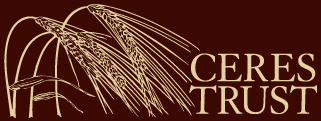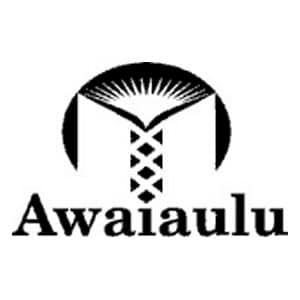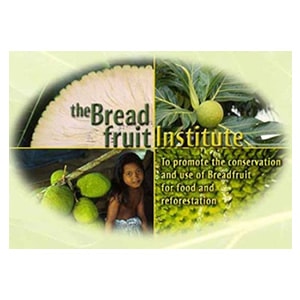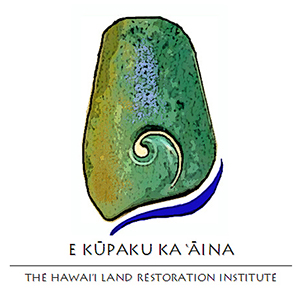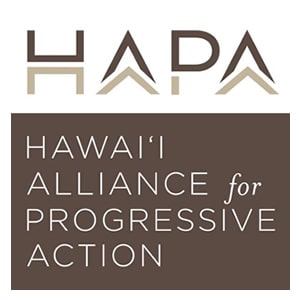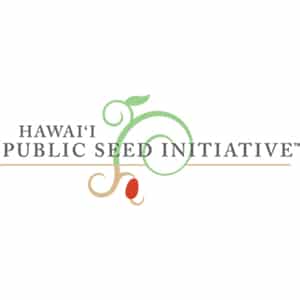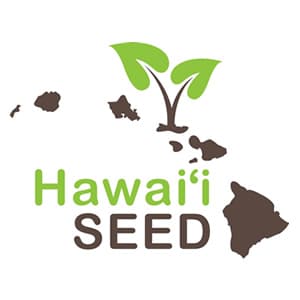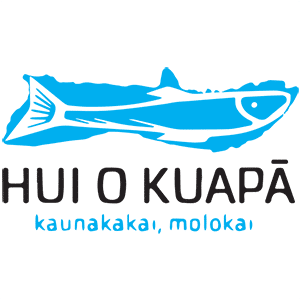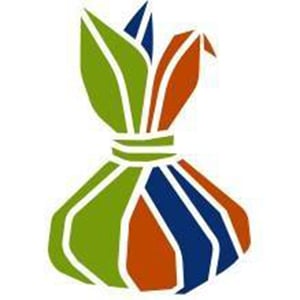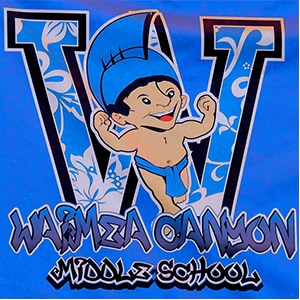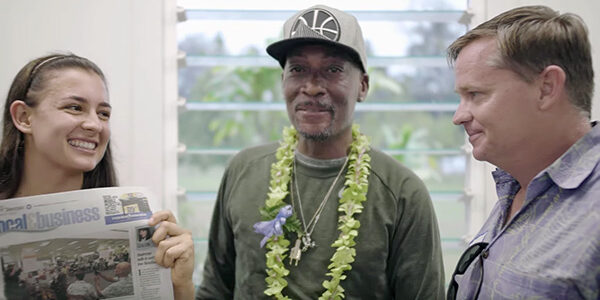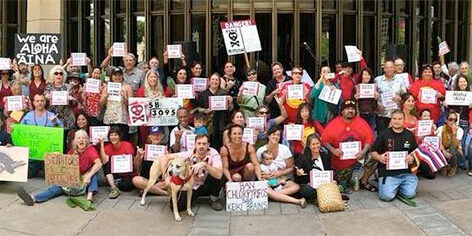Hawai’i is home to rich cultural and biological diversity – shaped and stewarded by the teachings and practices of Native Hawaiians – all of which are foundational to the resilience and beauty of the islands.
In 1893, Hawai’i’s monarchy was illegally overthrown by U.S. business interests. Today, five of the largest chemical corporations in the world – Monsanto, Dow, Dupont–Pioneer, Syngenta, and BASF – own and lease land in Hawai’i to test pesticides on experimental genetically engineered seeds. These corporations not only control land and water resources in Hawai’i, they exert undue influence on government and democratic decision–making across the archipelago.
At the same time, the restoration of traditional Hawaiian knowledge, ecological management systems and governance is under way, along with the development of a strong and active democratic movement to engage the state of Hawai’i in policy and practice change.
Malama ‘Aina, a love and cherishing of the land based on Native Hawaiian principles and teachings, is alive and well. A diverse and thriving convergence of people living on the islands is working together to revitalize ancient indigenous knowledge, together with western science and organic and sustainable agricultural practice, in order to create food, fishing, farming and governance systems that nourish the people and the land. A desire for sovereignty and democracy, instead of corporate ownership and undue influence, has proved resilient.
Ceres Trust provides support to organizations that seek to end exposure to hazardous pesticides, especially for children and families; and that prevent contamination of food crops and other plants with genetically modified organisms (GMOs). Ceres Trust supports organizing, movement building and Indigenous and farmer–led alternatives to industrial and plantation–based agricultural production. Ceres Trust supports the revitalization of Native Hawaiian knowledge and systems, food crop biodiversity, public access to seeds, and a strong movement for Malama ‘Aina.
Publications
Awaiulu Publications · Awaiulu offers four texts that represent the outcome of translation training, research, or collaborative work with others in the field.
Breadfruit Institute of the National Tropical Botanical Garden publications
Pesticides in Paradise: Hawai’i’s Health and Environment at Risk. Center for Food Safety.
GRANTEE PARTNERS
Stories from the Field
Protect Our Keiki Coalition Brings Dewayne Lee Johnson to Hawai`i
In 2019, the Protect Our Keiki Coalition hosted a speaking tour in Hawai’i featuring Dewayne “Lee” Johnson, a former school groundskeeper from California who was regularly exposed to Monsanto/Bayer’s glyphosate-based herbicides. Lee shared his story with community leaders, policy makers, and government officials. After the Board of Education community meeting with Johnson, the Hawai`i Department of Education prohibited herbicide use on school grounds.
Heroes of SB3095 – This is what democracy looks like
In 2015, Syngenta, Dow, Dupont and BASF successfully sued Kauai County for the right to spray poisons next to schools, and not tell us about it. Today, as a result of the passage of SB3095, they can no longer do this. Over the next 4 years the Restricted Use Pesticide and neurotoxin chlorpyrifos, will be phased out and its use totally prohibited. Though other States have tried, none have been successful and Hawaii is the first.
Video Resources of Interest
Watering the Buds of Solidarity Highlight: Why is Building Solidarity Important?
Water Protectors Rising | Lessons from the Fight for Water Justice: From Camp Lejeune to Red Hill
Watering the Buds of Solidarity
Sustainable Molokai : “An Island in the Pandemic”
Produced by Emmy Award winning filmmaker Matt Yamashita
